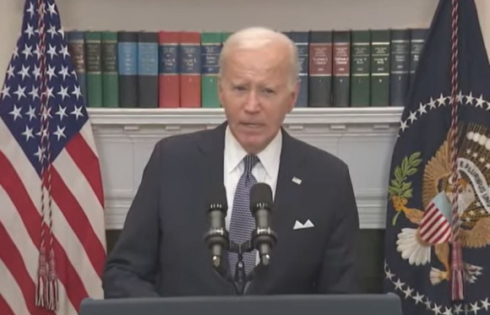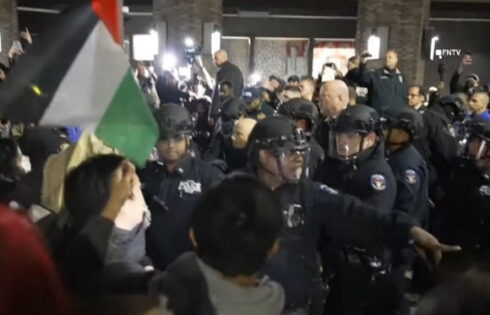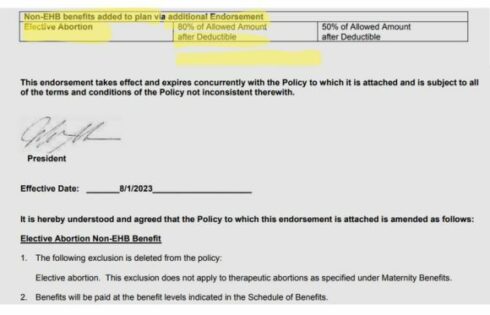
There’s a new group using the #MeToo hashtag at Columbia University: faculty.
Not in sense of suffering from sexual harassment – rather, the unwillingness to defend freedom of expression and freedom to disagree, in line with other Columbia constituencies.
After the College Republicans hosted “Pizzagate” conspiracy theorist Mike Cernovich and anti-Islam activist Tommy Robinson, black student activists sought to strip the group of funds provided to all registered Columbia groups.
A top student government leader then suggested the CRs should have to get pre-approval for their invited speakers.
MORE: Black student activists demand defunding of CRs: They ‘oppose our humanity’
After it opened an investigation into their behavior, the administration refused to punish students who disrupted the Robinson event, giving no explanation. More than 100 faculty had denounced the administration for the investigation, implying students of color and Muslims should be held to lower standards of conduct.
Perhaps it shouldn’t be a surprise, then, that the University Senate has been unwilling to approve a report on academic freedom at its two most recent meetings.
The Columbia Daily Spectator reports that the university-wide legislature, which represents “faculty, students, and other constituencies,” voted unanimously Friday to avoid voting on whether to approve an academic freedom report.
The Faculty Affairs, Academic Freedom and Tenure Committee had spent a year crafting the report, “which reaffirms the University’s commitment to academic freedom while banning abuse and intimidation,” the Spectator reported last month after the University Senate refused to vote on it.
MORE: Columbia refuses to punish students who disrupted CRs event
Committee co-chair Letty Moss-Salentijn had said the point of the report was to “balance the power between the teacher and the taught so that they both have the chance to identify and clearly make a case without being intimidated.”
The Student Affairs Committee, however, didn’t like the potential that the report phrase “academic settings” might apply outside the classroom – perhaps even to controversial speakers such as Cernovich and Robinson. (Their own resolution to explicitly limit academic freedom to the classroom only was thoroughly rejected.)
Yet by this month’s meeting, the academic freedom committee and the anti-freedom Student Affairs Committee still hadn’t agreed on whether expressed viewpoints should receive protection from disruption (read: punishment for those who disrupt) anywhere outside the classroom. The subject will come up next at the University Senate’s Dec. 8 meeting.
I’m not familiar with how shared governance works at Columbia, but it’s hard to believe that professors wouldn’t make a more robust defense of the basic purpose of a university in front of these impassioned, impressionable and intolerant students.
Then again, the administration has already shown where its priorities lie with its infusion of $100 million into pre-existing diversity efforts on campus.
MORE: Columbia student official suggests conservative events need pre-approval
IMAGE: studiostoks/Shutterstock
Like The College Fix on Facebook / Follow us on Twitter






Please join the conversation about our stories on Facebook, Twitter, Instagram, Reddit, MeWe, Rumble, Gab, Minds and Gettr.